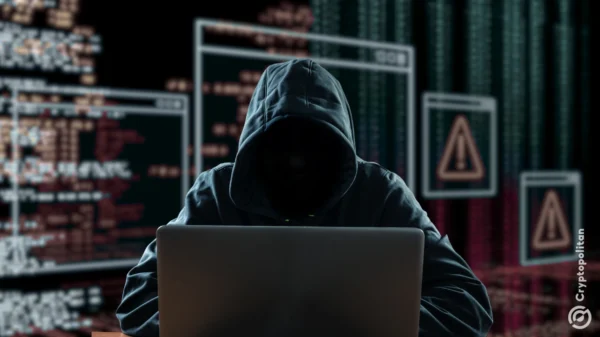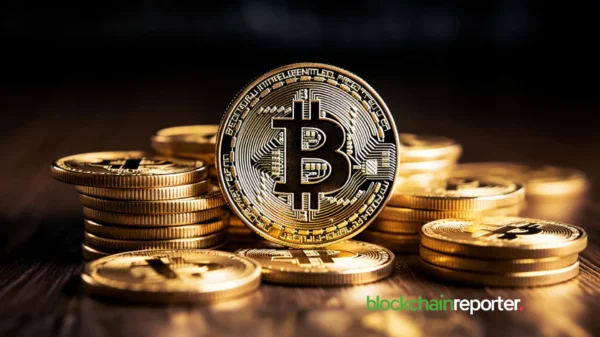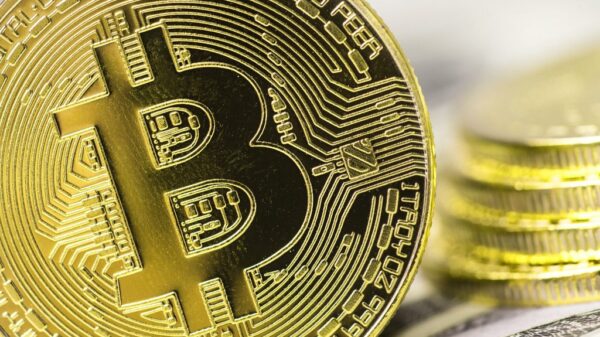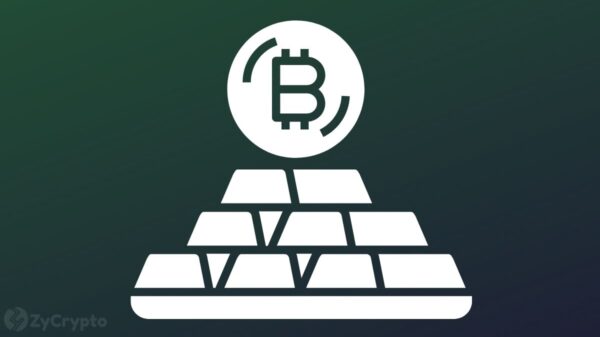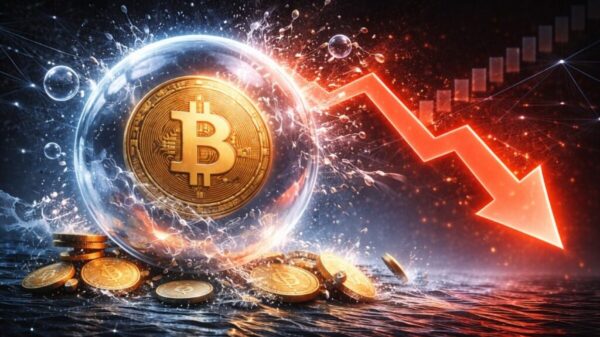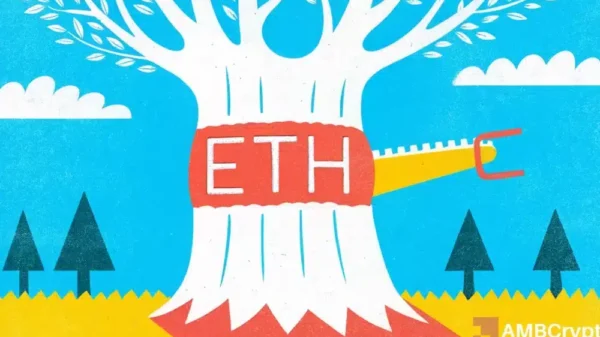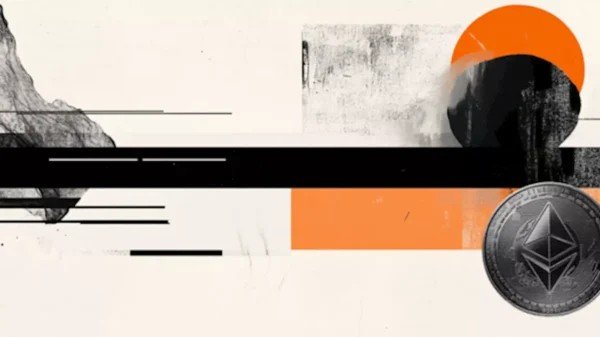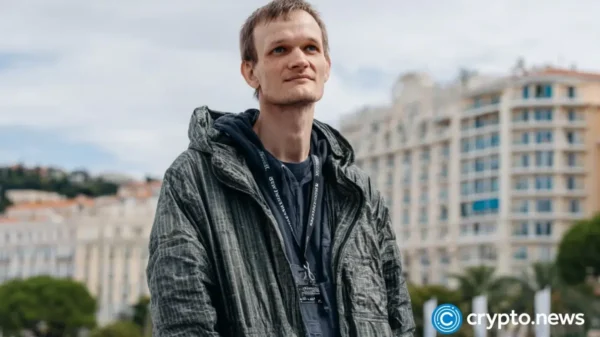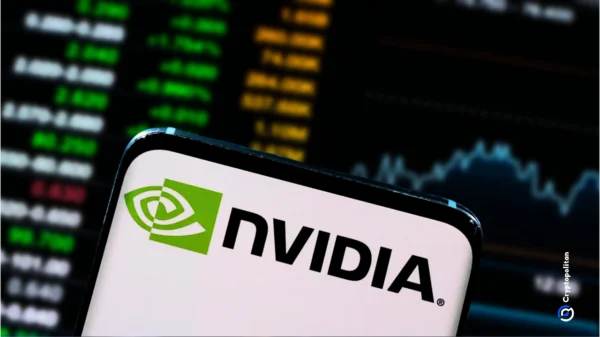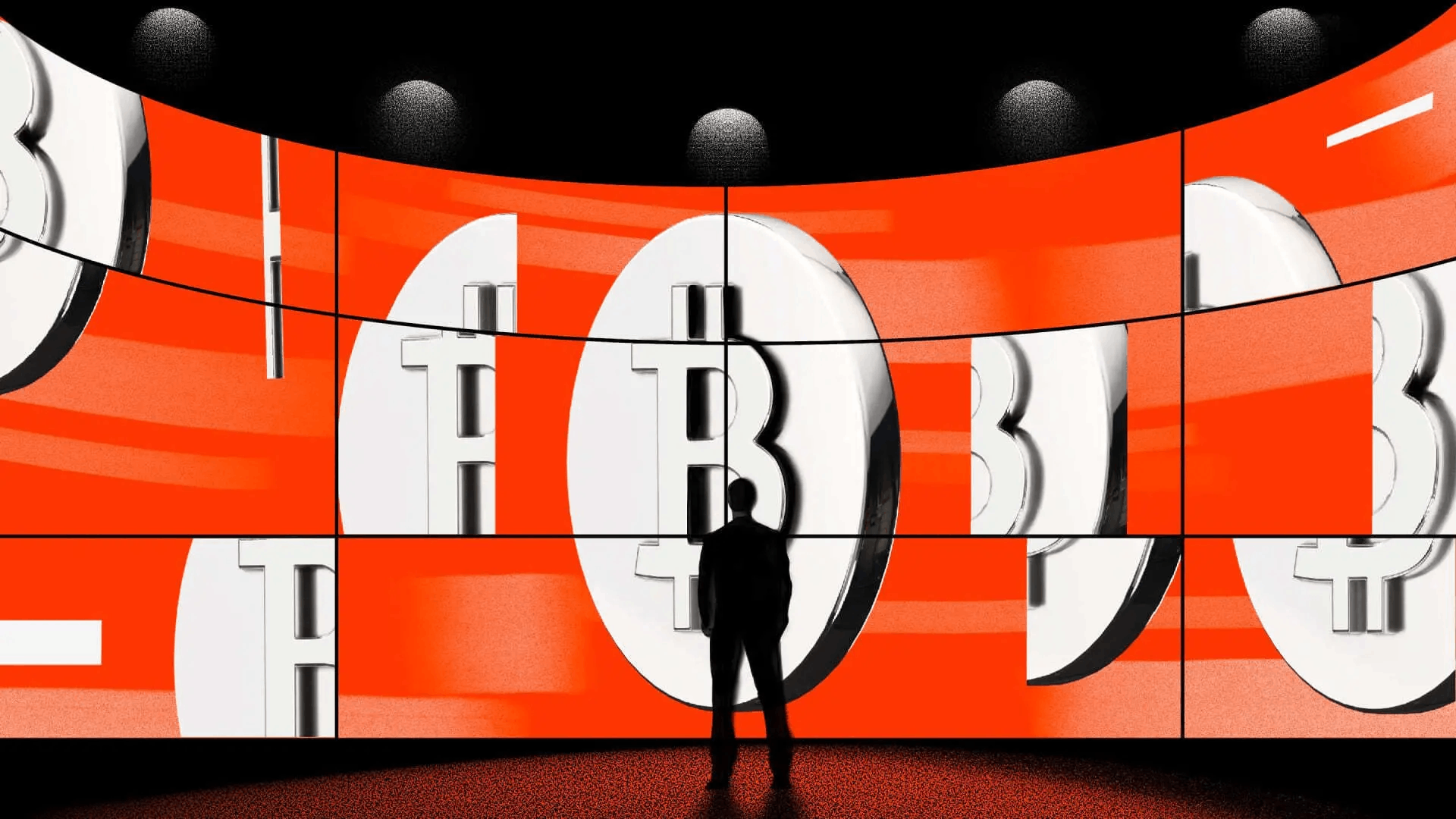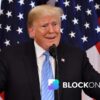Taiwan”s legislature is advocating for a comprehensive audit of the country”s Bitcoin holdings and is exploring the possibility of including the cryptocurrency in its national reserves. This move comes as Premier Cho Jung-tai commits to delivering a detailed report by the end of the year, responding to concerns about Taiwan”s heavy reliance on the US dollar.
During a recent session of the Legislative Yuan, Kuomintang legislator Ju-Chun Ko expressed worries regarding Taiwan”s significant exposure to the US dollar, which constitutes over 90% of its foreign exchange reserves, amounting to $602.94 billion as of September 2025. This dependence raises alarms about the risks posed by currency fluctuations and shifts in US monetary policy.
Ko highlighted that excessive reliance on the US dollar could threaten the purchasing power of Taiwan”s reserves, particularly if the dollar depreciates or the New Taiwan dollar strengthens. He urged for an immediate assessment of all government-held Bitcoin, including assets confiscated in legal proceedings, noting that Taiwanese prosecutors seized approximately $146 million in cryptocurrency in 2024 due to fraud cases.
Ko further argued that the confiscated Bitcoin should be retained for potential strategic uses rather than liquidated quickly, thereby contributing to the establishment of a digital reserve for Taiwan as regulations evolve.
Premier Cho acknowledged the US dollar”s status as the dominant global settlement currency but indicated a willingness to assess the role of emerging digital assets like Bitcoin. Central Bank Governor Yang Chin-long is also set to provide a balanced update on a potential Bitcoin reserve strategy by the end of 2025.
This initiative in Taiwan aligns with a broader global trend, as various jurisdictions are increasingly considering Bitcoin for their reserves. Notably, on March 6, 2025, former President Donald J. Trump enacted an executive order to create a Strategic Bitcoin Reserve within the United States.
Several US states are advancing legislation related to Bitcoin reserves, including the BITCOIN Act of 2025, which mandates the US Treasury to acquire up to one million Bitcoin over five years. This regulatory landscape is evolving rapidly, with 18 US states, including New Hampshire, Arizona, and Texas, integrating Bitcoin into their reserve strategies.
Deutsche Bank analysts predict that Bitcoin could achieve a reserve status akin to that of gold by 2030, bolstering arguments for its incorporation among global central banks.
Despite the momentum for Bitcoin reserves, Taiwan faces regulatory challenges in the digital asset space. Ko has criticized the slow progress on the Virtual Asset Service Provider specialty law, warning that regulatory uncertainty could hinder the growth of Taiwan”s digital finance sector.
Currently, nine cryptocurrency platforms are regulated within Taiwan, but further delays in comprehensive legislation could stifle innovation and limit fintech opportunities. In contrast, international frameworks such as the US GENIUS Act and Singapore”s digital asset regulations provide robust models for oversight.
As the Central Bank prepares its year-end evaluation, the ongoing discussions reflect broader issues regarding Taiwan”s financial autonomy in an increasingly digital economy. The forthcoming government response will reveal whether Taiwan aims to diversify its reserves or maintain its traditional asset base as the global financial landscape continues to evolve.





